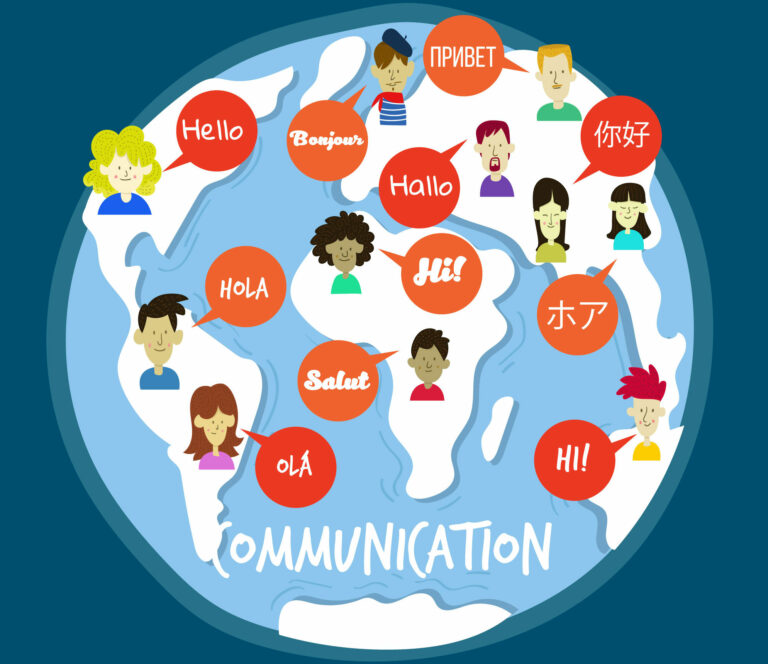
AI Breaks Barriers: New Breakthroughs in Language ProcessingAI Breaks Barriers: New Breakthroughs in Language Processing Artificial intelligence (AI) is transforming industries across the globe, and one of its most promising applications lies in the realm of language processing. Recent breakthroughs in this field are breaking down barriers and revolutionizing the way we interact with language. Language Generation One of the most significant advances in language processing is the development of large language models (LLMs). These models have been trained on massive datasets of text and can generate human-like text on demand. They are being used for a wide range of applications, including: * Content creation * Chatbots * Machine translation * Text summarization LLMs have the potential to streamline workflow, enhance customer service, and open up new possibilities for creative expression. Natural Language Understanding Another groundbreaking area of research is natural language understanding (NLU). NLU models allow AI systems to comprehend the meaning of text and extract insights. They are used in applications such as: * Search engines * Information retrieval * Sentiment analysis * Customer support By understanding the intent and context of language, NLU models empower AI systems to provide more accurate and personalized responses. Machine Translation Machine translation (MT) is a longstanding challenge in language processing. Traditionally, MT systems relied on rule-based or statistical methods, which often produced imperfect translations. However, recent advancements in AI have led to the development of neural machine translation (NMT) models that achieve near-human-level accuracy. NMT models are trained on vast datasets of parallel text and can translate between languages with a high degree of fluency and coherence. This has opened up global communication and collaboration to an unprecedented extent. Text-to-Speech and Speech Recognition Text-to-speech (TTS) and speech recognition (SR) are two other areas where AI is making significant strides. TTS models can convert text into natural-sounding speech, while SR models can recognize and transcribe spoken words. These technologies are being used in a variety of applications, including: * Assistive devices for people with disabilities * Voice-controlled devices * Language learning tools Ethical Considerations As AI continues to advance in language processing, it is essential to consider the ethical implications. These technologies have the potential to both benefit and harm society, and it is important to ensure that they are used responsibly. Some of the ethical concerns surrounding language processing AI include: * Bias and discrimination * Privacy and data security * Impact on employment By addressing these ethical considerations, we can harness the power of language processing AI for the betterment of society. Conclusion The breakthroughs in language processing AI are transforming the way we communicate, access information, and interact with the world around us. As this field continues to evolve, we can expect even more groundbreaking advancements that will further break down barriers and unlock new possibilities.
Posted inNews